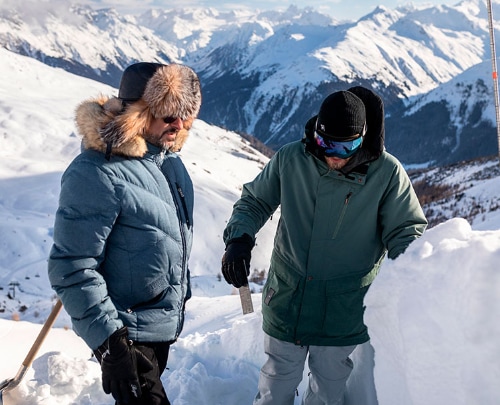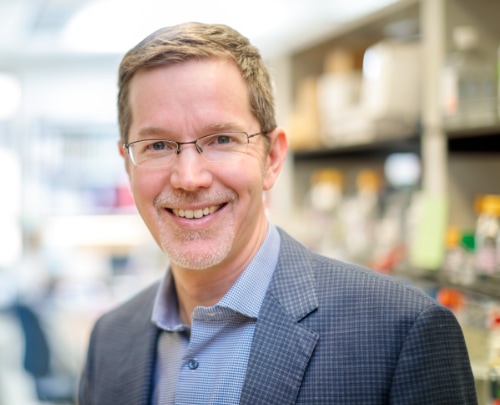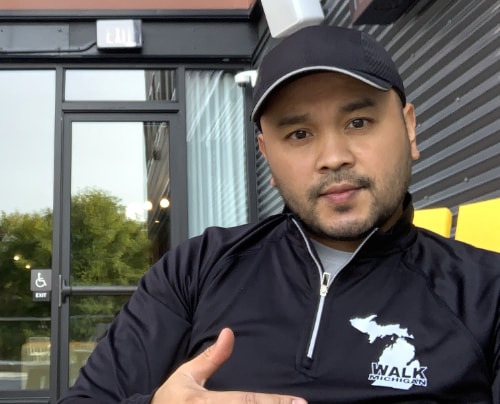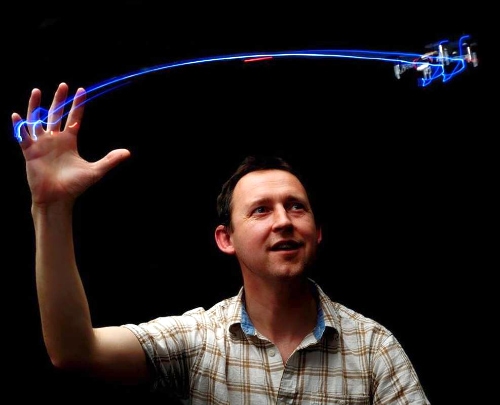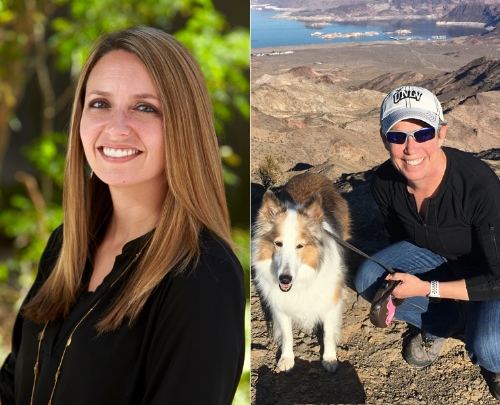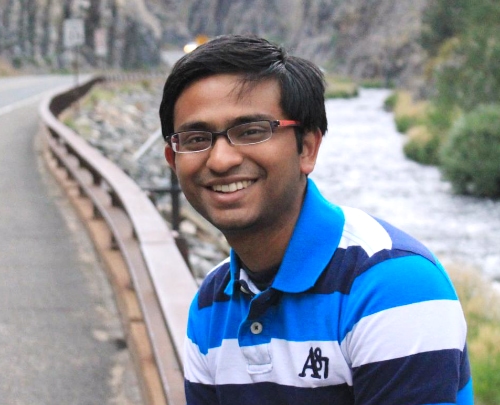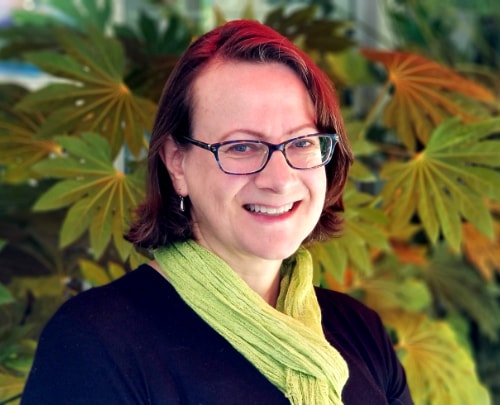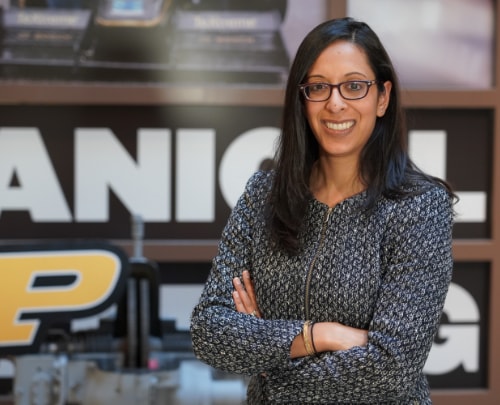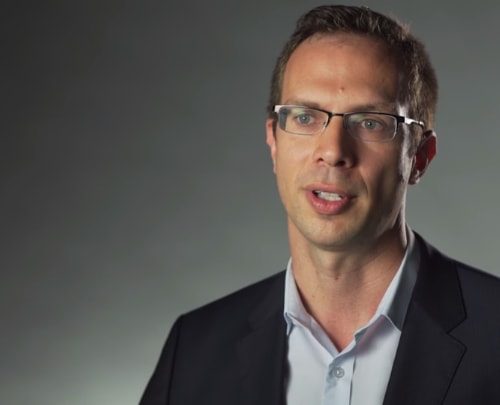6
Apr 2021
Can science help solve a real-life mystery? In episode 97 of Parsing Science, we talk with Alexander Puzrin from ETH Zurich about his research into The Dyatlov Pass incident, a 62-year-old mystery involving the deaths of nine hikers in the freezing Russian wilderness, a tragedy that’s been attribute...
10
Nov 2020
How could a gene that causes one type of ALS be switched off? In episode 87, Tim Miller from the Washington University in St. Louis discusses his research into therapies that target the single strands of DNA or RNA which cause many cases of amyotrophic lateral sclerosis, also known as ALS or Lou G......
27
Oct 2020
Can we knowingly fake ourselves out? In episode 86 of Parsing Science we talk with Darwin Guevarra from Michigan State University about his research exploring how placebos sometimes have the power to reduce neural markers of emotional distress, even in cases in which people are told told that they......
7
Jul 2020
What if mosquitos weren't just annoying bugs, but instead were bio-inspiring features? In episode 78, we talk with Richard Bomphrey from the University of London’s Royal Veterinary College about how mosquitoes can detect surfaces using the airflow caused by the movement of their own wings … and th...
29
Apr 2020
Are drivers of more expensive cars really the jerks we make them out to be? In Episode 73, Courtney Coughenour and Jennifer Pharr from the University of Nevada, Las Vegas discuss their research into what differentiates drivers who are likely to yield for pedestrians in crosswalks from those who do...
29
Oct 2019
How can what engineers learn from how barn owls pinpoint the location of the faintest sounds apply to their development of nanotechnologies capable of doing even better? In episode 61, we're joined by Saptarshi Das, a nano-engineer from Penn State University, who talks with us about his open-acces......
20
Aug 2019
How can a satellite the size of a loaf of bread take the heat of operating in the extreme conditions existing in space without overheating? In episode 56, we're joined by Naia Butler-Craig from the Georgia Institute of Technology to discuss her open access article “An investigation of the system a...
11
Jun 2019
Just how rampant is scientific misconduct? In episode 51, Elisabeth Bik talks with us about her research suggesting that as many as 35,000 papers in biomedicine journals may be candidates for retraction due to inappropriate image duplication. Her open-access article, “Analysis and Correction of In...
2
Apr 2019
Might enabling computational aids to "self-correct" when they’re out of sync with people be a path toward their exhibition of recognizably intelligent behavior? In episode 46, Neera Jain from Purdue University discusses in her experiments into monitoring our trust in AI's abilities so as to drive ...
19
Feb 2019
Whether intentionally or unintentionally, might the manipulation of statistics in marketing research be costing companies millions? In episode 43, Ron Berman from the University of Pennsylvania's Wharton School of Business discusses in his open-access article "p-Hacking and False Discovery in A/B ......

